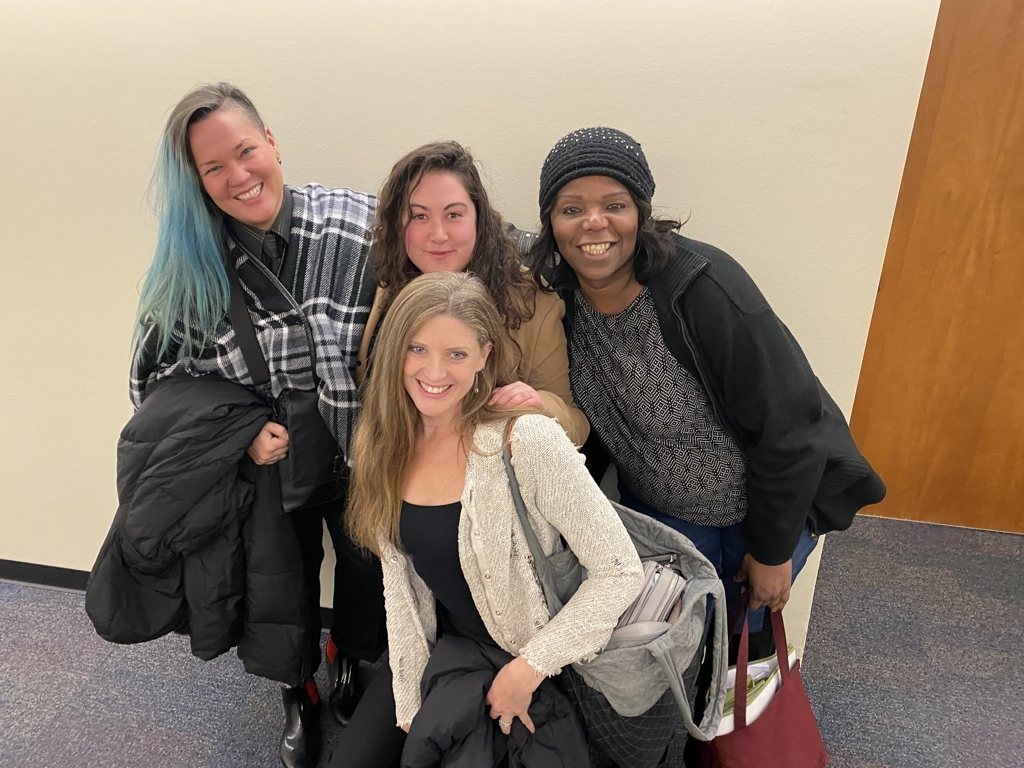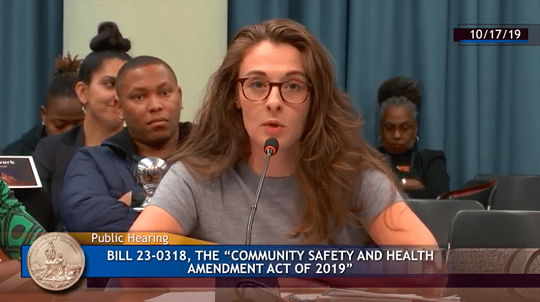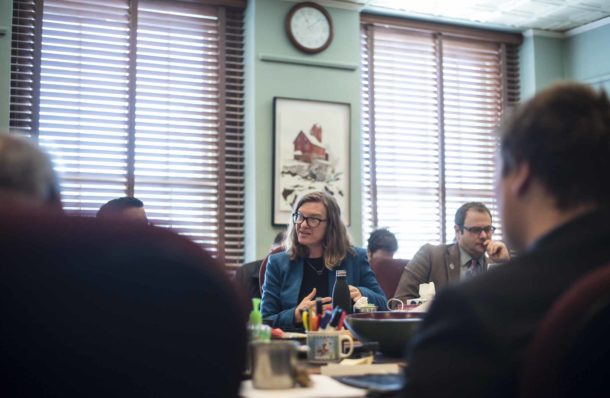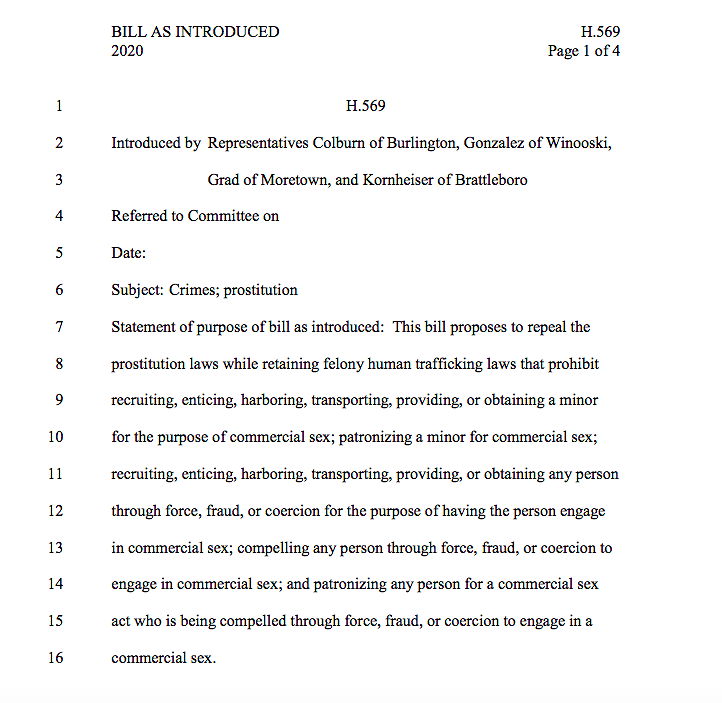January 30, 2020
A national poll released by Data for Progress (DFP) found that an outright majority of voters support the full decriminalization of adult consensual sex work. Two-thirds of voters aged 18-44 support decriminalization. Full decriminalization has been widely recognized by human rights organizations as the best way to protect the health and safety of people working in the sex trade; expand labor protections; protect immigrants, LGBTQ, and gender rights; and fight trafficking. The report, which included the poll results, was written by DFP fellow Nina Luo in partnership with the ACLU, the Harm Reduction Coalition, Human Rights Campaign, HIPS, the Transgender Law Center, and others.
“Decriminalizing Survival: Policy Platform and Polling on the Decriminalization of Sex Work” contextualizes national and state level shifts towards progressive sex work policy. The executive summary notes, “For the first time in presidential primary history, 2020 candidates have competed for a progressive position on the sex trade. … A recent resolution introduced by Congresswoman Ayanna Pressley calls for decriminalization. Legislators, supported by community groups, have also introduced decriminalization bills in New York and D.C., and sex workers are mobilizing to do the same in cities and states across the country.”
DSW is humbled and encouraged to have clear public support for sex work decriminalization. We implore voters to take the rights and safety of sex workers, and other affected communities, into account when they go to the polls this year. DSW has analyzed the policy positions of all the Democratic primary candidates and released the results on our website to help voters make an informed decision.
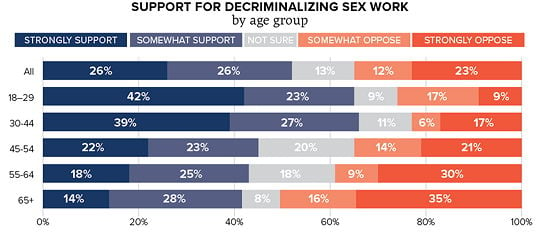
This graph from Data for Progress’s report shows the age distribution of support for the full decriminalization of sex work.
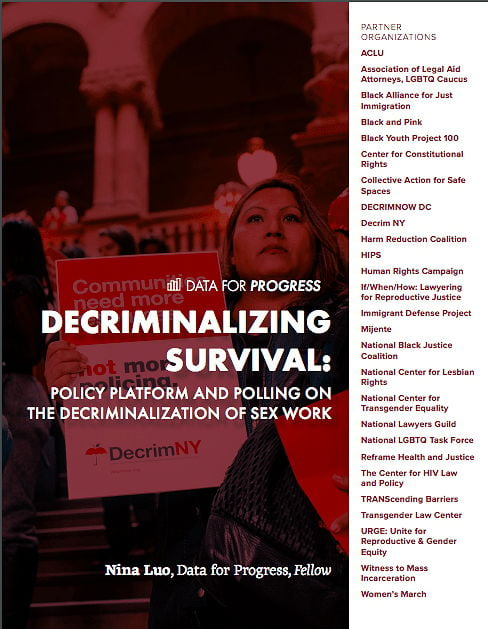
The front page of the report displays collaborating organizations. (DFP, 2020)
DSW Newsletter #11 (February 2020)
DSW Ranks Presidential Candidates

Adult Entertainment Industry Supports DSW in the Fight Against Stigma

WFF Wins Appeal in Federal Court

Majority of Voters Support Decrim

February Hero
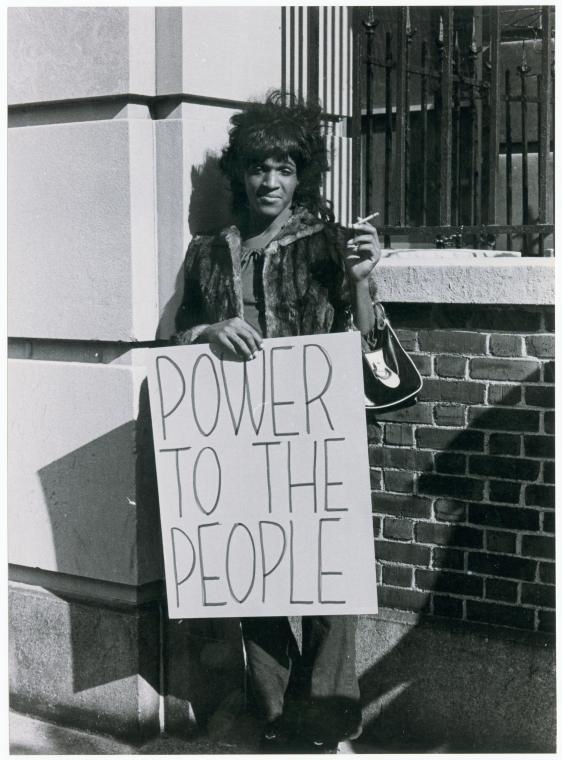
 DSW Ranks Presidential Candidates
DSW Ranks Presidential Candidates
 Adult Entertainment Industry Supports DSW in...
Adult Entertainment Industry Supports DSW in...
 WFF Wins Appeal in Federal Court
WFF Wins Appeal in Federal Court
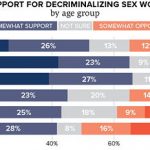 Majority of Voters Support Decrim
Majority of Voters Support Decrim
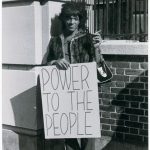 February Hero
February Hero

